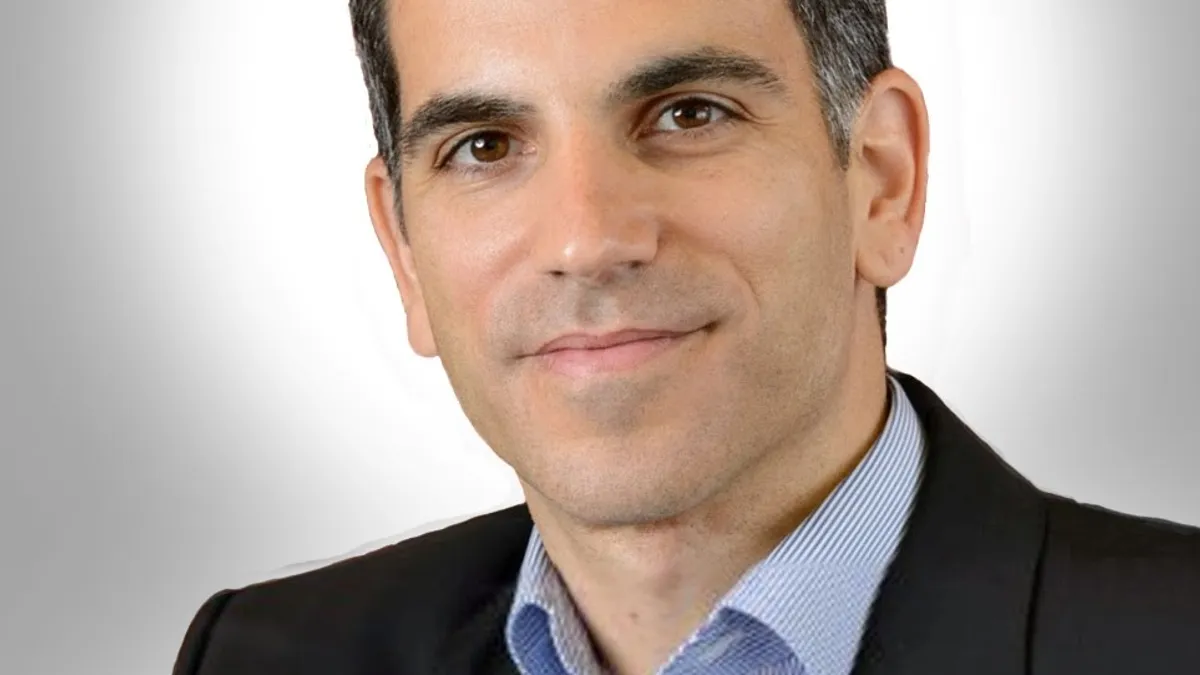Just about every major bank has an in-house innovation lab that consists of a team of technology experts tasked with finding new ways to tackle problems.
With the coronavirus pandemic forcing industries to adapt to remote work environments, innovation teams must find solutions to a new breed of challenges.
For Citi Innovation Labs, a unit spread out among five cities — Dublin, Tel Aviv, London, New York and Singapore — one of the problems brought on by the pandemic affected the way its team hires.
"Hiring and recruitment, in general, this was a key challenge for us because, as innovation labs, we're used to interviewing people, not just by simple tests and meetings, we really do this human face-to-face interaction," said Nimrod Barak, head of innovation labs at Citi.
Citi’s innovation team likes to see how candidates solve problems in real time, observing how they react to the challenges presented to them, as well as the questions they ask, Barak said.
"These kind of interactions were missing for us, so we looked for tools that will help us better engage with the candidate," he said.
The unit turned to digital whiteboarding, a tech solution that allows both candidate and interviewer to interact through an on-screen notebook.
"Candidates can actually draw things for us and explain a system or design that will help us to better understand their skill set," Barak said. "It's very collaborative. When both sides can actually draw things, we can really understand the other more soft characteristics of the candidate."
The innovation team is also working on to prepare the bank’s 204,000 employees for an eventual return to the office.
"We're thinking about many other problems, like how do we better plan office space with machine learning? Because we know that when people return to the office, it will not be the same," he said. "We will need to adopt some kind of hybrid or flexible kind of models in some locations and some teams."
The bank began circulating a survey this month to its employees in New York, New Jersey and Connecticut, gauging staff members' interest in returning to the office beginning Oct. 5, Bloomberg reported.
Citi would initially cap daily office presence at 30%, a source told the wire service.
Innovation projects
The crisis has affirmed Citi Innovation Labs’ crucial role at the bank, Barak said.
"I can happily say that from an innovation perspective, we were focusing from day one, since we were established in 2011, on reintroducing the next generation of digital solutions," he said. "All of our projects have actually proven to be the right ones in this situation."
Several projects developed in Citi's Innovation Labs have scaled significantly during the pandemic, Barak said.
One is a system that learns how to respond to client inquiries and instructions sent over unstructured channels such as email and chats, Barak said.
Dubbed the Inquiry Engine, the system identifies intent, extracts entities and pulls data from various source systems to generate responses for clients or to initiate an action.
"The project is based mainly on machine learning and [national language processing] technologies, and although started before the pandemic, it has accelerated during recent months and turned out to be very effective in suggesting responses while working from home," Barak said.
Citi Velocity Mobile, developed in the bank's Tel Aviv Innovation Lab is another project whose work began pre-COVID but has seen an increase in usage amid the work-from-home environment, Barak said.
"The solution works across content, trading, reporting and surveillance, making available on the mobile channel important features that were only found in the desktop, improving the overall customer experience," he said.
Citigroup’s proxy-voting startup Proxymity, which was developed within the bank's Institutional Clients Group, has also seen significant growth amid the pandemic.
In May, Citigroup announced the spinout of the digital investor communications platform after it raised $20.5 million in investments from a consortium of financial institutions that include JPMorgan, HSBC, Deutsche Bank, BNY Mellon, State Street, Clearstream and Computershare.
"With the pandemic, what we saw is the need for these solutions has just increased," Barak said. "Nothing has shifted. If any, all of our portfolio has grown, and we extended existing solutions into more businesses."














